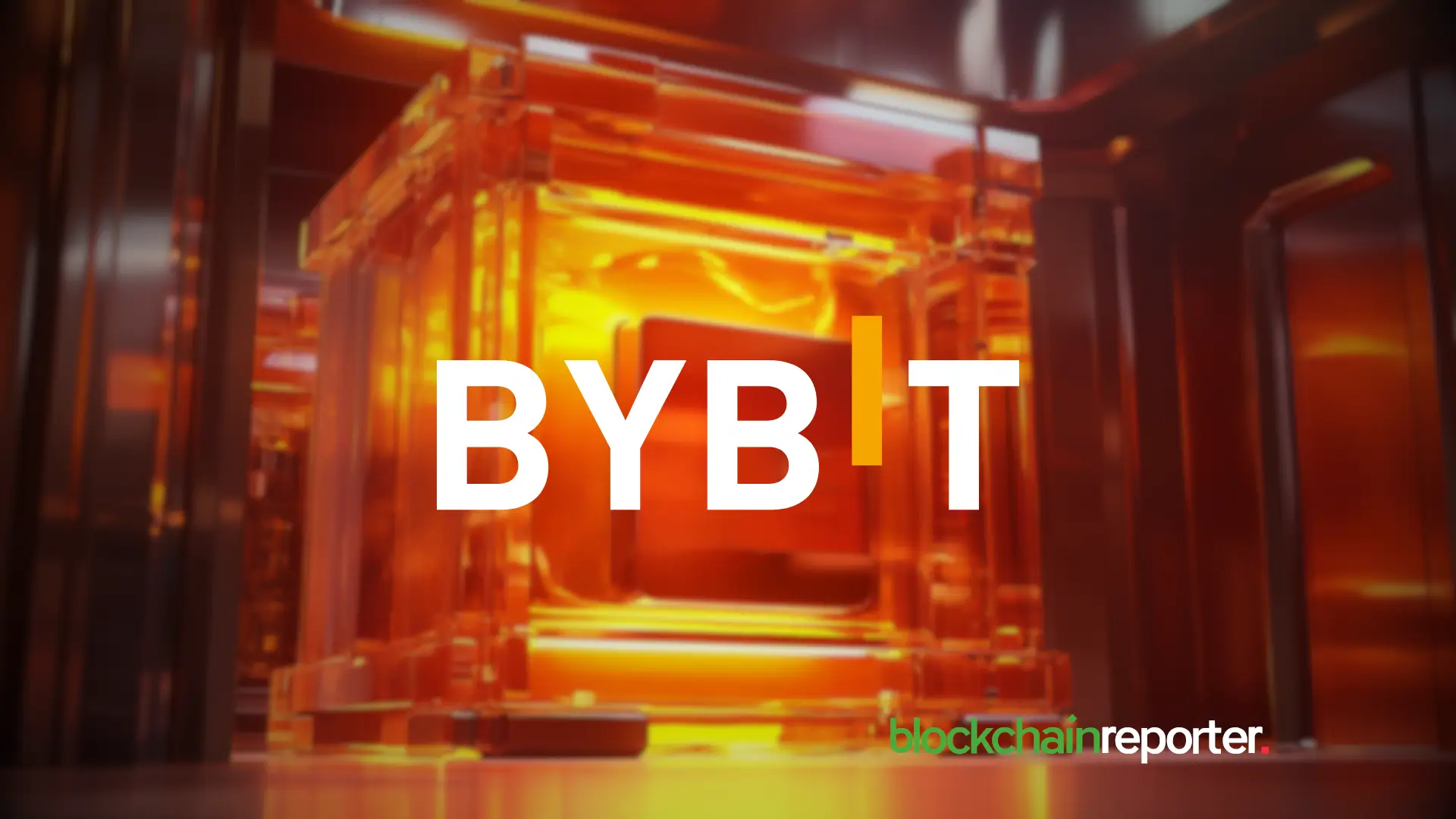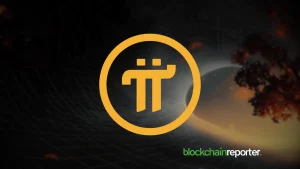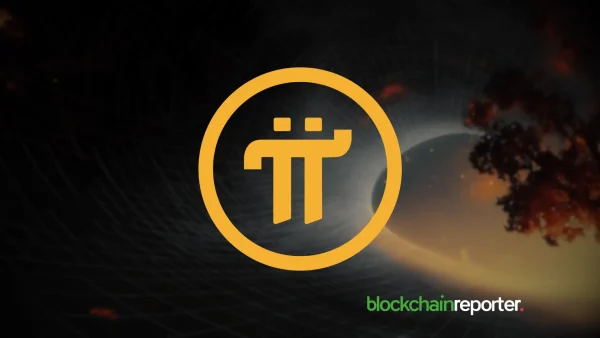
The Securities and Exchange Commission (SEC) is now holding a hearing on the proposed prohibition against cryptocurrency operators providing or supporting depositing and lending services. The resolution approving the idea of prescribing rules to ban digital asset business operators from providing or supporting digital asset depository services (depositing & lending) with the payment of returns to depositors and lending was reportedly authorized by the SEC at its meeting No. 12/2022 on September 1, 2022.
The objective is to safeguard consumers and businesspeople from the dangers posed by such transaction providers and to assist in mitigating issues that might be confused with a service that is overseen by a regulatory body. It will be implemented until the point when it might cause harm to individuals as a result of a lack of oversight in both the domestic and international contexts.
The Important Aspects Of The Crypto Ban Hearing
The Office of the SEC has stated that it encourages public comment on the notion of preventing operators of digital assets from providing or supporting digital asset depository services that provide returns to depositors and deposit-taking and lending. The aim is to safeguard traders and the general public from the business risks of service providers. Moreover, there are currently a large number of foreign service providers who are experiencing liquidity issues.
The resolution asks for such providers to cease providing services and suspend consumer withdrawals of digital assets. In order to monitor the situation, the hearing will examine a number of factors, such as restricting digital asset company operators from accepting deposits and using deposited digital assets to borrow, invest, and provide returns to depositors
It will also investigate banning cryptocurrency business operators from receiving deposits in exchange for digital assets. Even if such returns do not result from making use of the digital assets that were deposited (for example, they may result from the promotional budget of the firm or group companies), unless the promotion is conducted in compliance with the rules that have been imposed by the Board of Directors, such returns are prohibited.
Finally, there will be a discussion regarding the prohibition of advertising, soliciting the general public, or performing any other act in the way of assisting the deposit-taking & lending services mentioned above by the service provider or other parties, such as acting as a channel for customers. For instance, foreign deposit-taking and lending service providers can be accessed via the operator’s platform or application.
The Crypto Dilemma And SEC
Since around five years ago, the SEC has been bringing lawsuits against cryptocurrency projects on the grounds that they improperly issued securities. However, during this time period, the SEC has not issued any regulations, advocated any rules, or put anything on its regulatory agenda regarding the adaptation of the securities disclosure requirements to crypto projects.
Numerous crypto businesses believe that the SEC is unable to assist them in determining how to comply with existing regulations. The common perception is that if you approach the SEC with a request to conduct a compliance crypto activity, you will either be warned not to do it at all, or you will discover a way to do it lawfully, but only after paying a hefty fine.
In concept, securities regulation could be similarly accessible, and in practice, it is in the majority of places. There are regulations regarding, for example, when and what information an activist shareholder must disclose their position in a corporation. However, there are other areas in securities law where the regulations are somewhat ambiguous and where you are functioning on the cutting edge.









